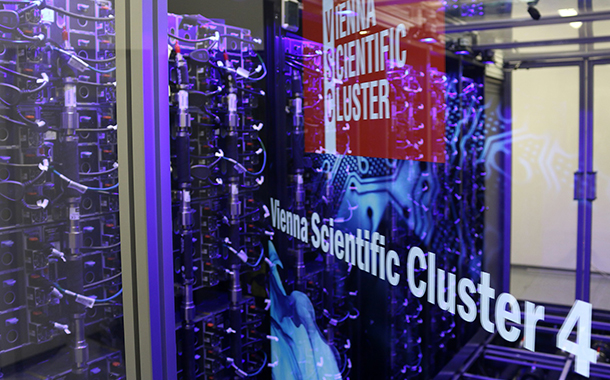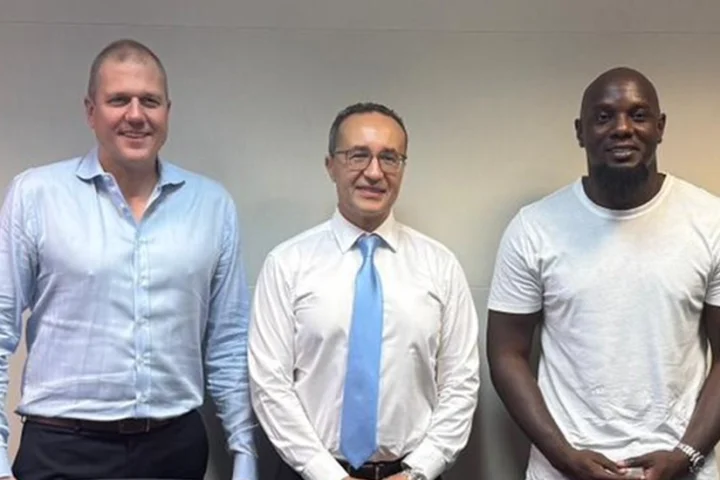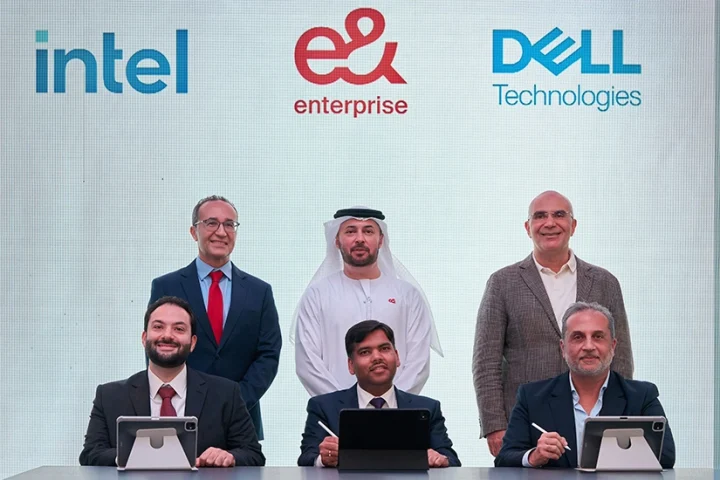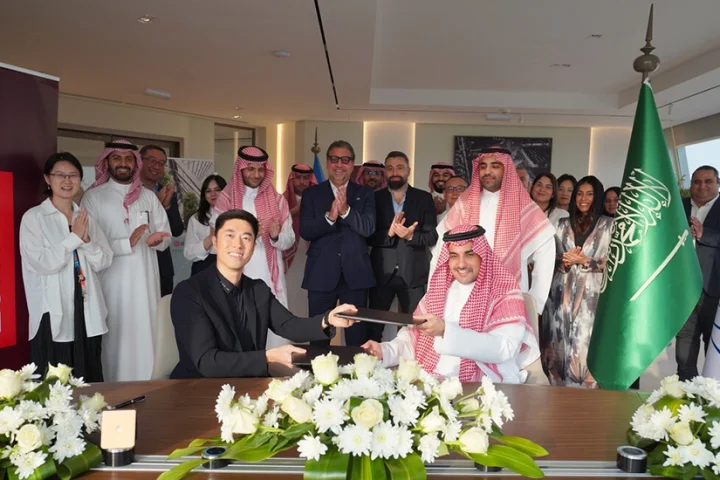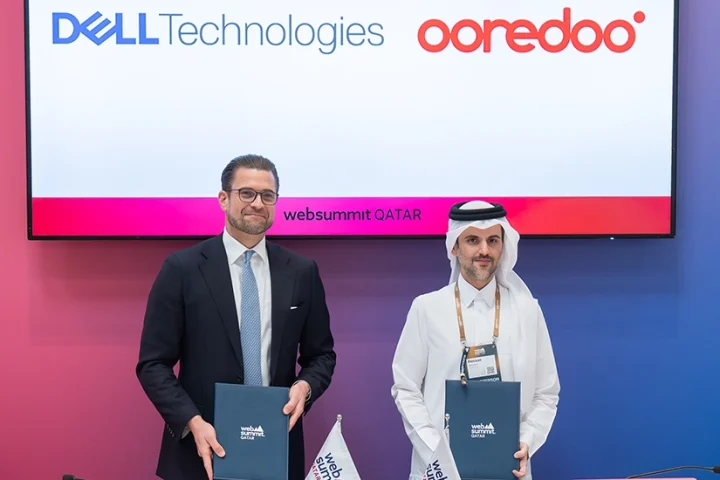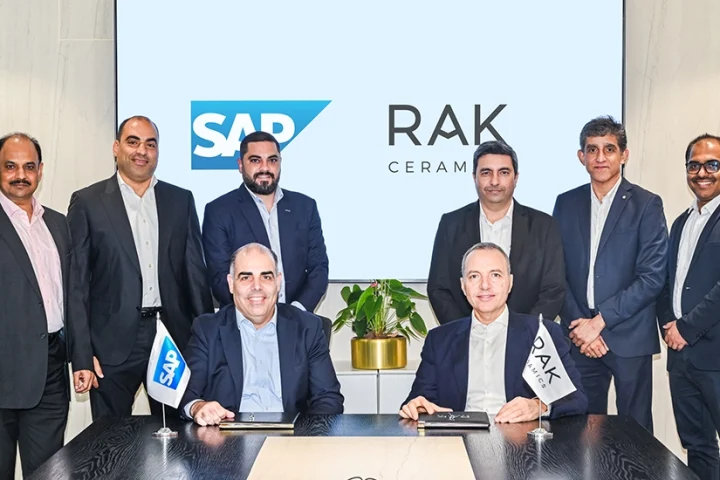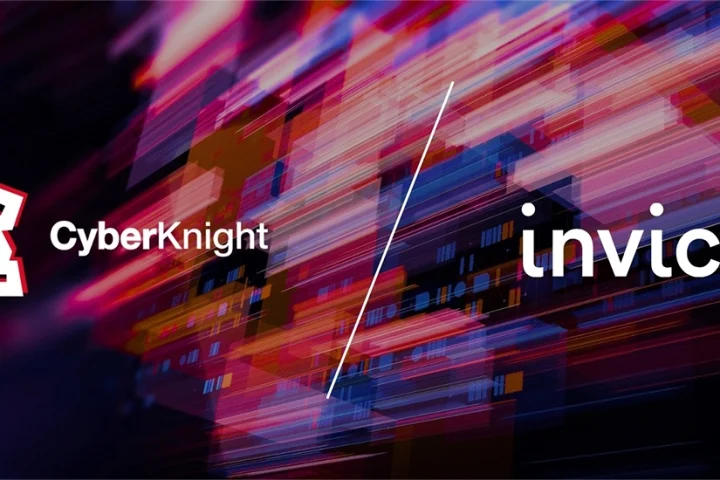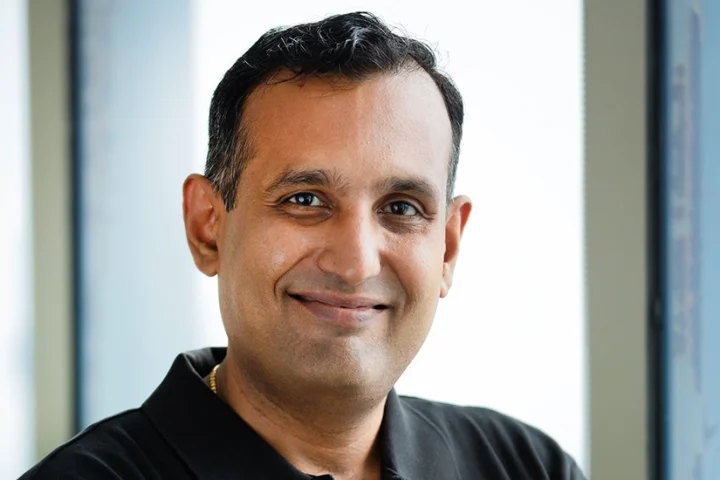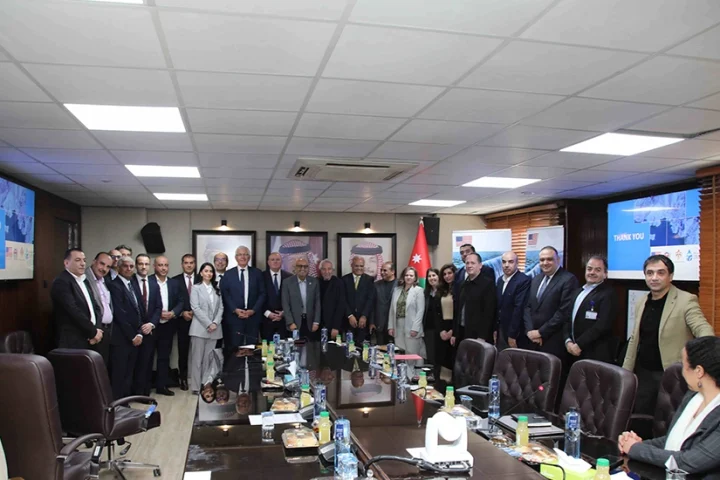Lenovo and Intel have announced their collaboration to modernise HPC infrastructure at Austria’s most powerful supercomputer, the Vienna Scientific Cluster-4, VSC-4. Built on Lenovo ThinkSystem servers and 2nd generation Intel Xeon Scalable processors, VSC-4 supports more than 300 research projects led by scientists from higher education institutions throughout Austria, covering life-enhancing challenges such as meteorology to materials science, quantum chemistry to genetics.
The VSC itself is a consortium of five major Austrian universities: TU Wien; the University of Vienna; the University of Natural Resources and Life Sciences, Vienna; the Graz University of Technology; and the University of Innsbruck. Their collaboration enables them to procure and operate bigger, more powerful supercomputers for their researchers than would be possible individually, as demand for HPC resources has increased significantly in recent years.
Like its predecessors, VSC-4 will be used to support projects wishing to run big data analytics and machine learning jobs to advance their research. The requests have also become more diverse and wide- ranging, including non-traditional users in areas such as biotechnology, social sciences and humanities.
Projects include predicting the impact of climate change to rivers and flood areas; helping nations prepare for changing weather patterns; understanding how certain drugs react with proteins in the human body to improve medicine development; and simulating early universe situations following the Big Bang.
Lenovo worked with the VSC-4 team to provide Lenovo ThinkSystem SD650 servers with its 3rd generation of Direct Water-Cooling technology, powered by 2nd generation Intel Xeon Scalable processors. The built-in water-cooling technology removes approximately 90% of the heat from the system, dramatically reducing the need for air cooling by fans, and cutting energy costs while increasing performance.
A cluster comprised of 790 ThinkSystem SD650 nodes was implemented featuring 37,920 Intel Xeon Scalable processor cores with Intel DL Boost, Intel’s built-in AI acceleration technology. The servers are connected by 100 GB/sec Intel Omni-Path Architecture, a high-speed interconnect that increases application performance, improves load balancing and maximises scalability.
The new VSC-4 became the first supercomputer in Austria to break the petaflop barrier, achieving a peak performance of 3.7 PFLOPS, 2.7 PFLOPS in continuous operation, as measured on the Linpack benchmark. It is the country’s largest HPC installation and ranks 93rd in the November 2019 TOP500 list of the world’s most powerful supercomputers.
“With our planet currently facing so many challenges, we are proud that Lenovo DCG is helping VSC deliver the computing power needed to support the researchers who are set out to solve these challenges. Advanced computing power is creating opportunities across a breadth of industries which will help make substantial improvements in human productivity and sustainability in a myriad of areas.” said Richard Wilcox, Regional Director, Middle East, Lenovo DCG.
“VSC-4 is four times more powerful than its predecessor, and with Lenovo’s direct water-cooling technology we’re saving energy and costs too. We’re so pleased with the results because we now have a truly world-class supercomputer that will be at the heart of the Austrian research community for years to come,” said Professor Herbert Störi, Scientific Project Leader, Vienna Scientific Cluster.
“The new VSC-4 system gives the European research community a powerful new resource for exploration, innovation and discovery,” said Trish Damkroger, vice president and general manager of the Extreme Computing Organisation at Intel. “With our latest Intel Xeon Scalable processors and Omni-Path fabric, VSC-4 is ready to take on the most demanding tasks at the convergence of HPC and Artificial Intelligence.”


